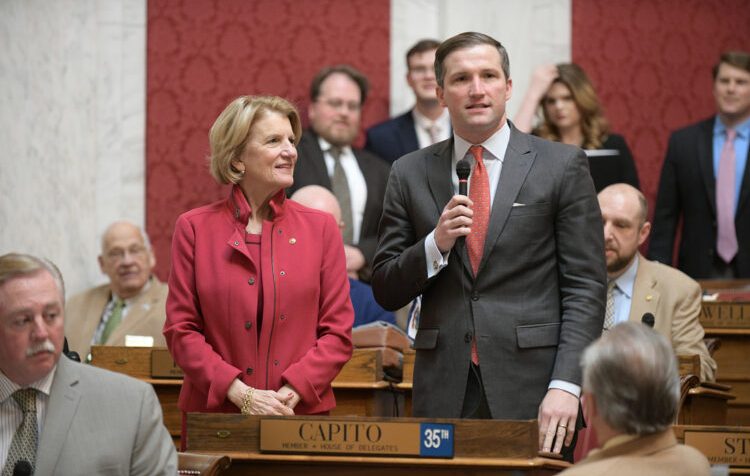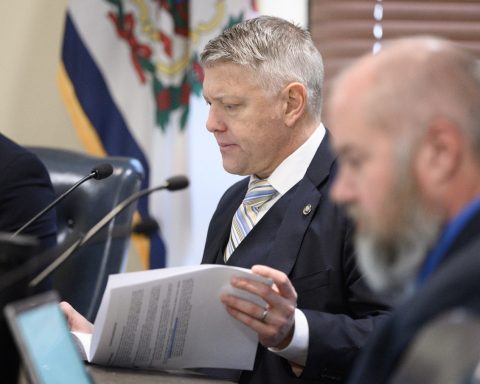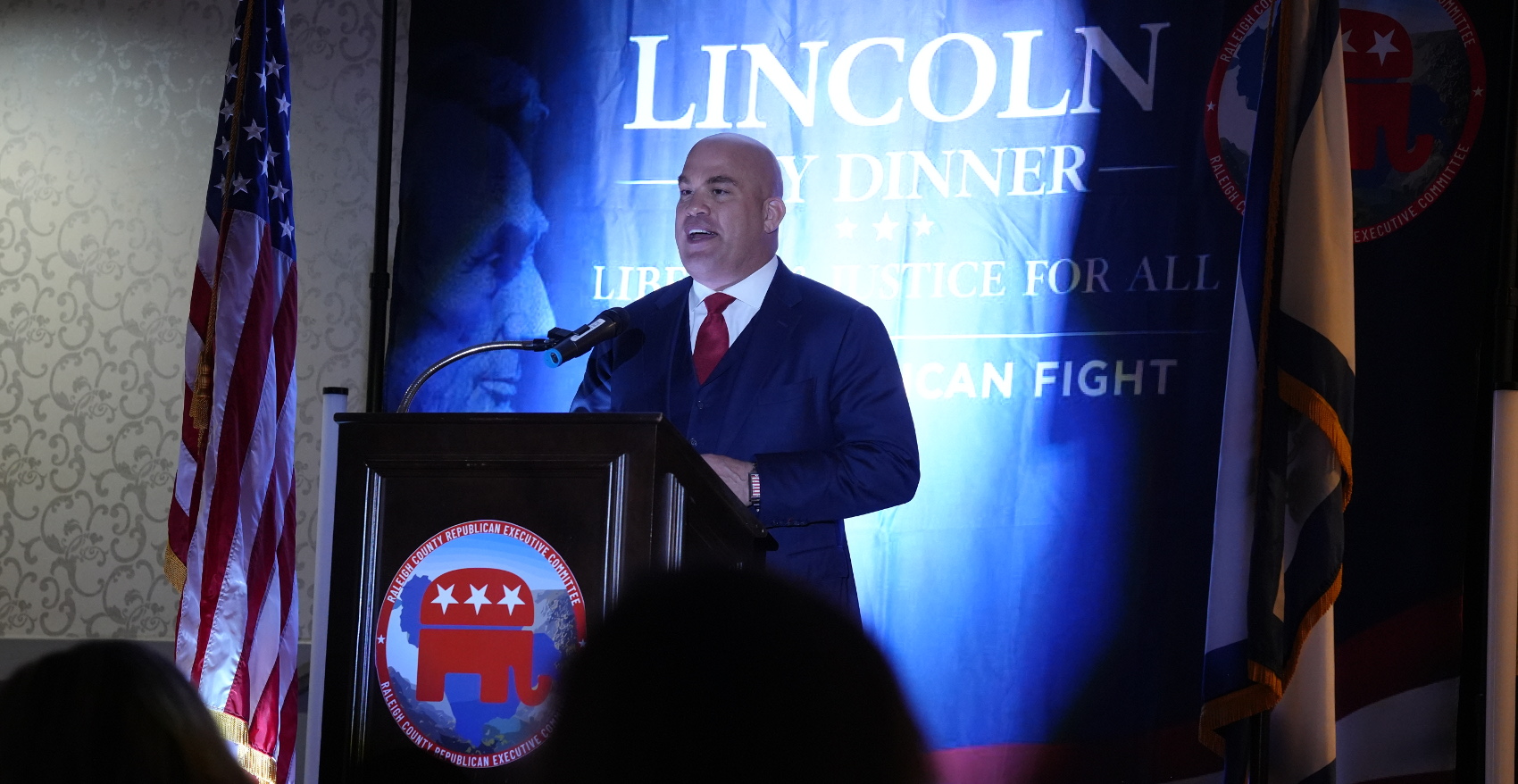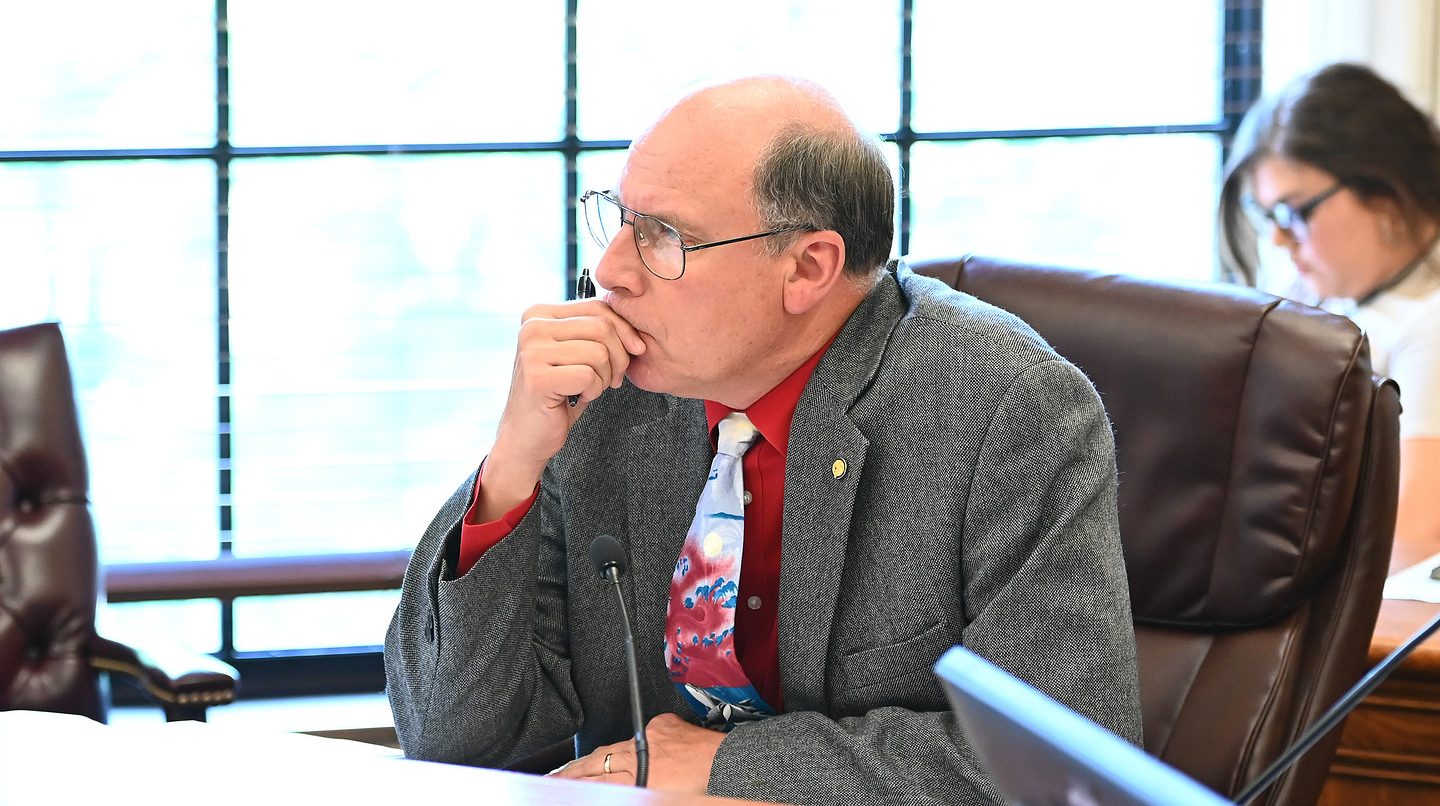WASHINGTON — Sen. Shelley Moore Capito (R-WV) voted to confirm her son, Moore Capito, as the United States Attorney for the Southern District of West Virginia, a position he officially assumed last week.
Moore Capito was sworn in by Chief U.S. District Judge Frank Volk after being nominated by the President in June and confirmed by the Senate on October 7 in a 51-47 vote. Sen. Shelley Moore Capito was the deciding vote.
“I am grateful to President Trump and the United States Senate for the opportunity to serve as the United States Attorney for the Southern District of West Virginia,” Moore Capito said in a statement. “I have devoted my days since to ensuring that I understand our district’s pulse. Together with our dedicated law enforcement partners, we will protect our communities with strength and strive every day to make West Virginia the safest place to live, work, and raise a family.”
Moore Capito has a background in corporate and energy law, practicing with Babst Calland law firm before his appointment. He also served four terms in the West Virginia House of Delegates, representing Kanawha County’s 35th District, and chaired the House Committee on the Judiciary. He earned a Bachelor of Arts degree from Duke University and a law degree from Washington and Lee University.
As U.S. attorney, Moore Capito will oversee federal criminal prosecutions and civil litigation across 23 counties in the Southern District. His office includes 37 attorneys and 40 non-attorney staff across offices in Charleston, Huntington, and Beckley.
Moore Capito’s confirmation was part of a slate of about 100 nominees approved by the Senate last week, which included Matthew Harvey for the Northern District of West Virginia and state Sen. Mike Stuart as general counsel to the Department of Health and Human Services. Sen. Capito congratulated Moore Capito and Harvey in a press release but did not mention her relationship to her son.
The nomination drew scrutiny from West Virginia Democrats, who accused the senator of using her position to advance her son’s career. Senate rules do not prohibit a member from voting on a relative’s nomination but restrict using official office to secure personal financial gain.
Ethics watchdog group Citizens for Responsibility and Ethics in Washington noted that similar situations have occurred in recent administrations.
“This happening, not just once but multiple times in a matter of a few months, shows the shift away from adherence to the ethics rules and diminished concern about the appearance of how a senator’s official actions may unduly benefit their family’s personal interests,” said Cynthia Brown, CREW senior ethics counsel.
Capito’s office defended the vote.
“The ethics are clear on this vote,” spokesperson Kelley Moore said. “Senator Capito has and always will abide by ethics standards.”











